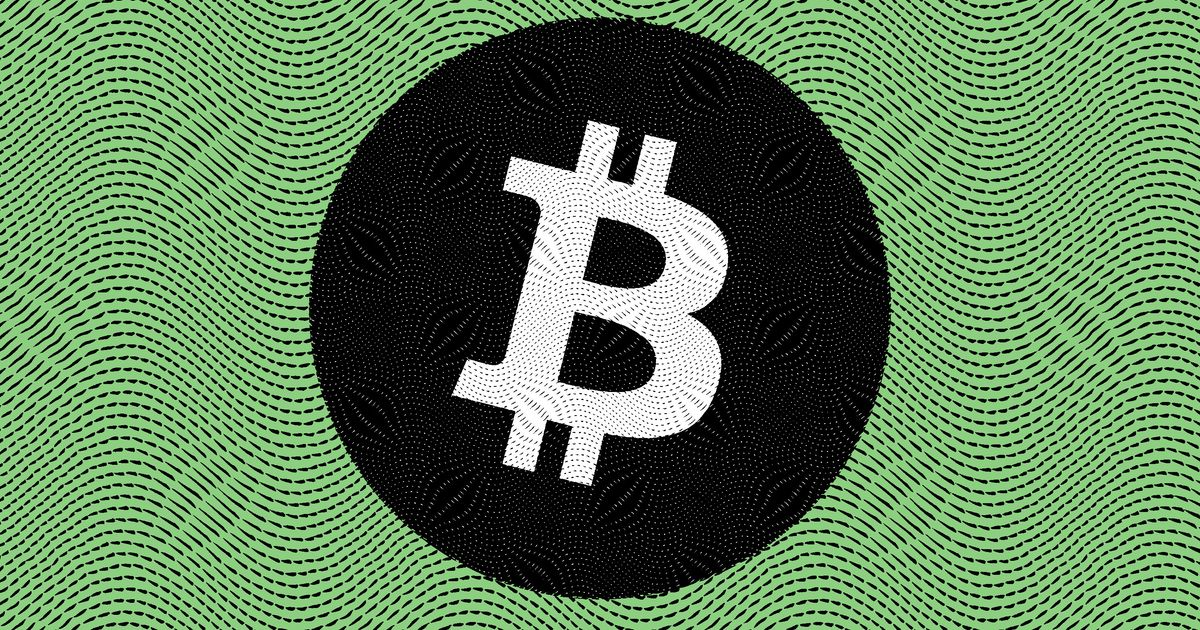Case Journeys
Exploring intriguing stories and insights from around the world.
Bitcoin: The Digital Gold Rush You Didn't Sign Up For
Discover the untold story of Bitcoin—a digital gold rush that could change your financial future. Don't miss out on what you never signed up for!
What Exactly Is Bitcoin and Why Is It Considered Digital Gold?
Bitcoin is a decentralized digital currency that allows for peer-to-peer transactions over the internet without the need for a central authority, such as a bank or government. Introduced in 2009 by an anonymous entity known as Satoshi Nakamoto, Bitcoin employs blockchain technology to maintain a public ledger of all transactions. This innovative technology ensures transparency and security, making it difficult to counterfeit or double-spend. Unlike traditional currencies that are subject to inflation and government control, Bitcoin has a capped supply of 21 million coins, which contributes to its perception as a hedge against inflation and economic instability.
Because of its limited supply and unique characteristics, Bitcoin is often referred to as digital gold. Just as gold has been considered a store of value for centuries, Bitcoin is increasingly viewed as a modern alternative. Investors are drawn to Bitcoin's potential for significant returns, especially during times of economic uncertainty. Its liquidity, divisibility, and portability further enhance its appeal, positioning Bitcoin as a valuable asset class within diversified investment portfolios. Moreover, the growing acceptance of Bitcoin by institutional investors and major corporations signals a shift in perception, reinforcing its status as a legitimate financial asset.

The Risks and Rewards of Investing in Bitcoin: What You Need to Know
Investing in Bitcoin presents a unique mix of risks and rewards that every potential investor should carefully consider. On one hand, Bitcoin has gained substantial attention due to its remarkable price appreciation since its inception, turning early adopters into millionaires. However, the volatility of Bitcoin cannot be ignored; significant price fluctuations can occur within short periods, putting invested capital at risk. According to various analysts, the unpredictable market behavior can lead to devastating losses if investors are not vigilant. Therefore, understanding the risks associated with Bitcoin is crucial before diving into this digital currency.
On the flip side, the rewards of investing in Bitcoin can also be quite compelling. As a decentralized currency, Bitcoin operates outside the influence of traditional banking systems, allowing for increased autonomy over personal finances. Additionally, many believe that Bitcoin could serve as a hedge against inflation, particularly in today's economic climate where fiat currencies may be devalued. To make the most informed investment decision, potential investors should conduct thorough research, consider their financial goals, and be prepared to handle the inherent risks associated with this cutting-edge asset. Remember, a well-informed investor is a more successful investor.
How to Navigate the Bitcoin Market: A Beginner's Guide
Navigating the Bitcoin market can be challenging for beginners, but understanding the basics is essential for success. First, familiarize yourself with key concepts such as blockchain technology, wallets, and exchanges. A wallet is where you securely store your Bitcoin, while an exchange is a platform where you can buy and sell Bitcoin. Consider starting with a reputable exchange like Coinbase or Binance, especially if you are new to cryptocurrency.
Once you have a basic understanding, it's important to develop a strategy for trading or investing in Bitcoin. Here are some tips to help you:
- Educate Yourself: Stay informed about market trends, news, and technological advancements that may affect Bitcoin prices.
- Diversify: Avoid putting all your funds into Bitcoin alone; consider other cryptocurrencies to spread risk.
- Start Small: Begin with a manageable investment to minimize potential losses while you learn.
By following these steps, you can confidently navigate the Bitcoin market and make informed decisions.